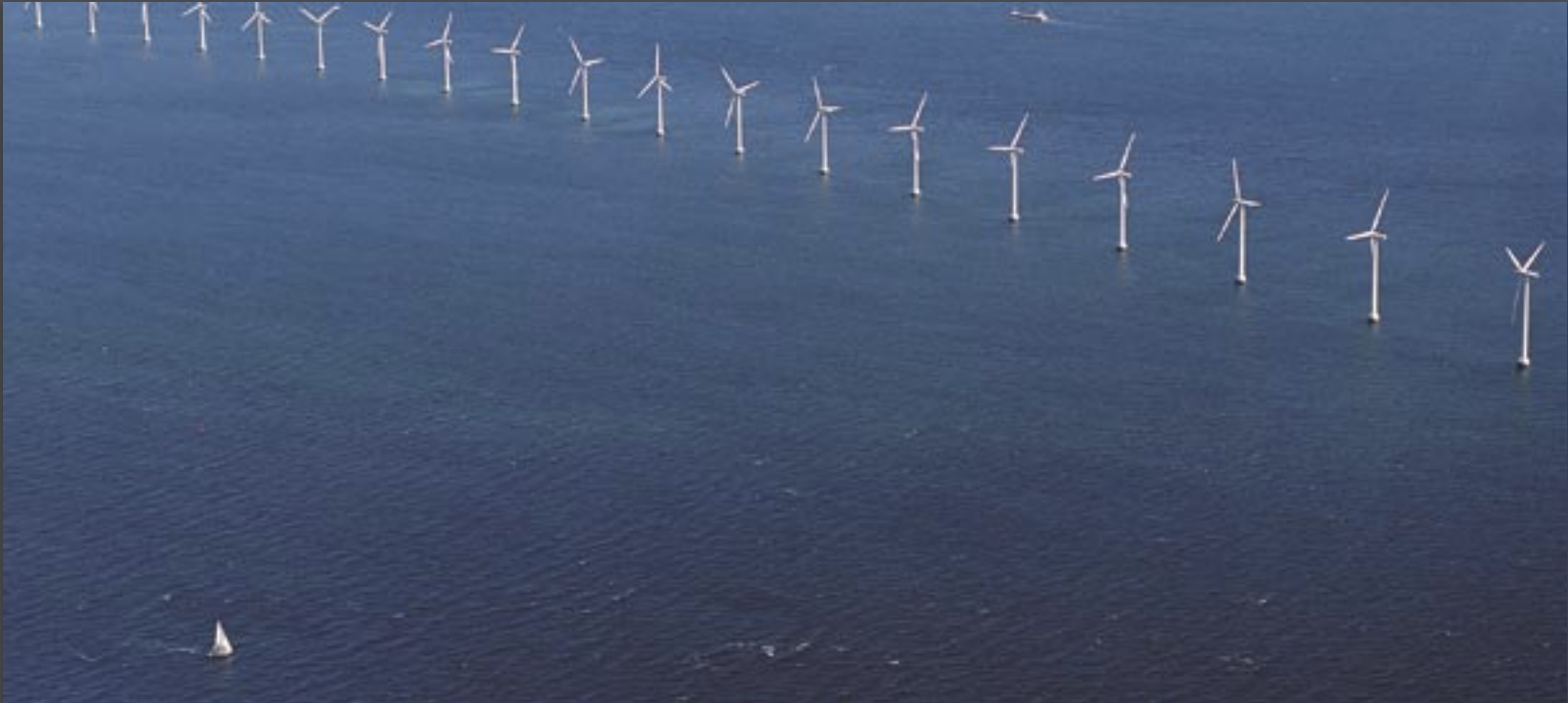
Achieving a New Energy Future
How States Can Lead America to a Clean, Sustainable Economy
At the dawn of the 21st century, America faces immense energy challenges, and enjoys boundless opportunities. To properly address these challenges, America must transform how it produces and consumes energy. We must do it. And we can. Achieving a New Energy Future details the contributions energy efficiency and clean, renewable energy can make to an economically and environmentally sustainable energy future.

Downloads
At the dawn of the 21st century, America faces immense energy challenges, and enjoys boundless opportunities.
The current crisis in our energy system is the result of decades of bad decisions: the decision to unleash an unconstrained boom in natural gas-fired power plant construction during the 1990s that has since contributed to price spikes throughout the economy; the decision to allow aging coal-fired power plants to continue to operate under outdated emission standards; the decision to subsidize fossil and nuclear fuels at the expense of renewable power and energy efficiency.
The effects of these bad decisions are now apparent. Natural gas prices have doubled in recent years, squeezing the pocketbooks of consumers and the profit margins of industry; both of whom have become increasingly dependent on natural gas for heat, hot water and industrial purposes. Old coal-fired power plants continue to spew pollution that threatens public health, while a new generation of coal-fired plants has been proposed that would add to America’s already substantial contribution to global warming. The nuclear power plants built in the 1960s and 1970s are coming to the end of their original lifespans, but many are receiving a new lease on life from federal officials, presenting a continuing threat to public health and safety.
Environmentally, our bad energy decisions have made the United States the world’s leading contributor to global warming, threatening the health and welfare of future generations, the ecosystems on which life depends, and America’s standing in the global community. Economically, our decisions have left the United States — historically a world leader in technological innovation — well behind Europe and Japan in the development and deployment of the energy technologies of the 21st century and have tied our continued prosperity to fluctuations in fossil energy prices over which we have little control.
Should we remain on our present course, the energy challenges facing the United States will only grow in magnitude. The depletion of fossil energy reserves, increased demand for energy, aging domestic energy infrastructure, and the acceleration of global warming will continue to pose problems both for our immediate welfare and our nation’s long-term economic and environmental sustainability.
Authors
Tony Dutzik
Associate Director and Senior Policy Analyst, Frontier Group
Tony Dutzik is associate director and senior policy analyst with Frontier Group. His research and ideas on climate, energy and transportation policy have helped shape public policy debates across the U.S., and have earned coverage in media outlets from the New York Times to National Public Radio. A former journalist, Tony lives and works in Boston.
